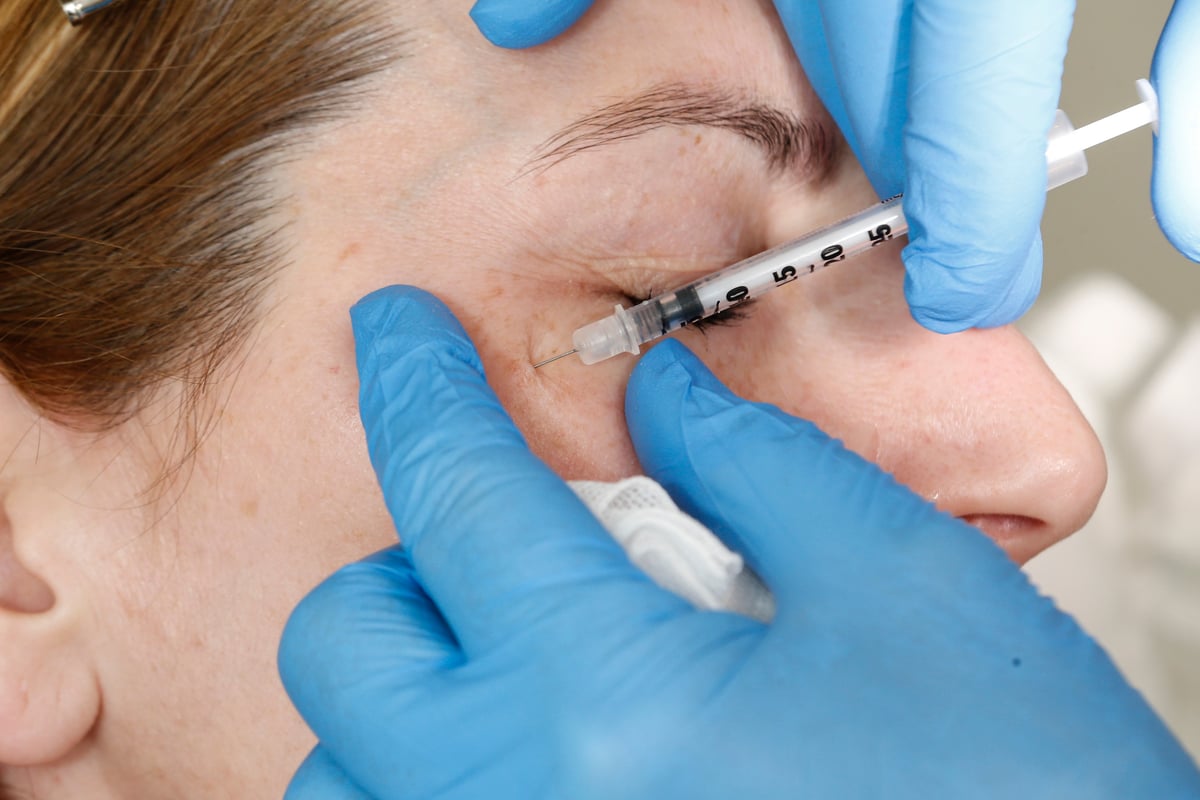
In the forever-evolving world of cosmetic enhancements, anti-wrinkle injections have become almost as common as getting your hair done. But beneath the surface of this booming industry, a significant shift is taking place — one that's finally acknowledging the complex relationship between appearance and mental health.
Since mid-2023, cosmetic practitioners across Australia have been quietly implementing a new psychological screening process — and it's changing the way people have injectable treatments.
Because before any needle comes anywhere near your forehead, there's now an entirely different kind of question you need to be prepared for.
Watch: Speaking of beauty, here's a handy hack that'll get rid of dry feet for good. Post continues below.
In July 2023, the Australian Health Practitioner Regulation Agency (AHPRA) introduced updated guidelines that changed how patients are assessed before receiving non-surgical cosmetic treatments like anti-wrinkle injections.
Dr Nicole Chater from Concept Cosmetic Clinic told Mamamia that one of the key changes was "the requirement for practitioners to assess patients for underlying psychological conditions, such as Body Dysmorphic Disorder (BDD)".
Body Dysmorphic Disorder (BDD) is a condition where someone becomes obsessively preoccupied with perceived flaws in their appearance that are often minor or completely invisible to others.




























































































